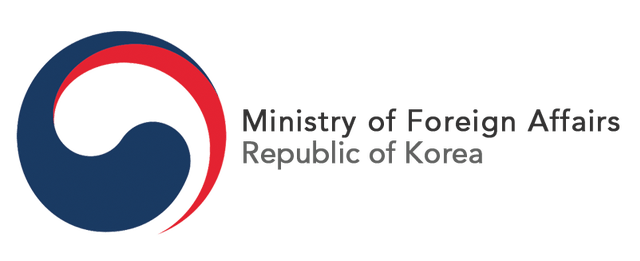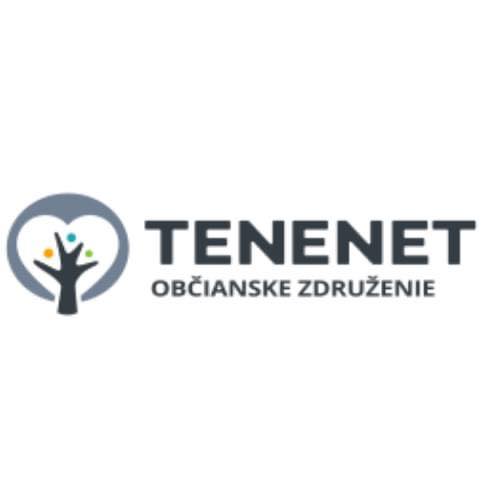One moment. An explosion. An accident. A deafening sound—then, silence. The image blurs and disappears.
War and sudden trauma change everything—including how we perceive the world. In Ukraine, and in other parts of Central and Eastern Europe, more and more people are losing their sight or hearing as a result of war-related experiences, disasters, or accidents. And when the sirens fall silent and the dust settles, a different battle begins—the fight to regain a sense of safety and to rebuild a life from scratch.
This is where the Rebuilding Lives project comes in, implemented by the HumanDoc Foundation in cooperation with regional partners. We are creating a comprehensive support program that helps people who have suffered traumatic sensory loss return to everyday life—step by step. Not only through medical rehabilitation, but also through psychological, social, and vocational support.
Where do we start?
Our starting point is Ukraine—a country where the number of people facing sudden loss of sight and/or hearing is rising dramatically. In 2022, nearly 20,000 new cases of visual impairment were recorded. In just the first seven months of 2023, that number had already exceeded 19,000. It is estimated that around 1,000 soldiers lose their vision on the frontlines every year. The healthcare system is not equipped to meet these urgent and growing needs. There is a lack of trained professionals, coordinated care, and long-term support.
Our project addresses these challenges by developing and testing a training program for professionals who work daily with people affected by sudden sensory loss. We are building a network of psychologists, doctors, career counselors, and social workers who collaborate to provide integrated support—from psychological care and rehabilitation to social and occupational reintegration.
What makes our approach different?
Our model is holistic and trauma-informed—designed specifically for individuals who have gone through severe emotional experiences. We know that healing the body is not enough. People also need to rebuild their sense of safety, identity, and relationships. That’s why we place strong emphasis on psychological support, assistance for families, and long-term planning for both employment and social life.
We work with the Ukrainian Academy of Career Development, which accredits the program and will oversee its continued growth in the coming years. Importantly, the project is designed from the outset to be easily adaptable to other countries in the region facing similar challenges—because trauma knows no borders.
Who is participating in the pilot?
The program is being piloted in Ukraine with a group of people who have lost their sight or hearing—both soldiers and civilians. Their families are also involved in the project. Participants benefit from individual consultations, support groups, and tailored forms of psychosocial assistance. This allows us to continuously test and refine the tools that will later be applied more broadly across the region.
What are our goals?
- A comprehensive training program that combines medical, psychological, and social knowledge—ready to be implemented across Central and Eastern Europe.
- Improved competencies among professionals—hundreds of specialists equipped to respond effectively in crisis situations and provide integrated care to those affected.
- Direct support for participants—a measurable improvement in the well-being of those involved in the pilot, backed by hard data.
- A replicable model that can be applied wherever a crisis occurs—whether due to war, a natural disaster, or a mass accident.
Why HumanDoc?
For years, we’ve been combining work in mental health with social and educational initiatives. We run psychosocial support centers in both Poland and Ukraine, train professionals, and partner with organizations across Central and Eastern Europe and the Caucasus. In 2018, one of our initiatives was awarded Project of the Year by the Visegrad Fund for its innovation and tangible impact.
Rebuilding Lives is the next step in building systems that not only respond to crises but give people a real chance to reclaim their lives—with dignity, agency, and hope.





